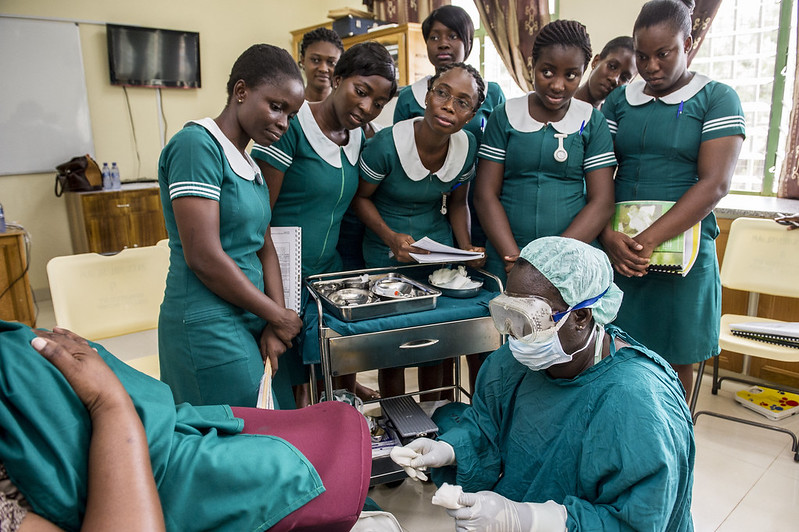The Value of Human Centered Design For Adolescent Sexual and Reproductive Health

Anything done for me without me is done against me! This phrase sums up a new approach that shows the importance of building reproductive health programs that take into account the concerns of adolescents and young people.
Last year, PATH and YUX Academy, as part of HCDExchange project, launched the HCD+ASRH Network of Ambassadors to raise awareness and strengthen the capabilities of practitioners, develop a community, exchange knowledge, and share skills and expertise. The network is a mix of designers, international organizations and young leaders working in the interest of young people’s sexual and reproductive health (SRH). They include ambassadors from Côte d’Ivoire, Benin, Burkina Faso, Mali, Niger, Senegal and Togo. They are working to transform the ASRH and HCD linkages in francophone Africa and create solutions that are co-designed by youth themselves as described in this webinar, The Value Add Using Human Centered Design for Adolescent and Youth Sexual and Reproductive Health (only available in French).
What Is Human-Centered Design (HCD)?
- Human-Centered Design is a problem-solving process.
- It places real users at the center of the development process.
- Enables the creation of products and services that respond to users’ needs, environment, and cultural context.
- HCD cuts across diverse industries and thrives on the inclusion of multidisciplinary teams working together to solve complex problems.

HCD+ASRH Network of Ambassadors is focused on building solutions with young people for young people in francophone West Africa to meet their AYSRH needs.
What Makes This Approach Different From The Approaches That Have Been Used Before?
HCD is multistep, iterative process involving initial exploration and articulation of user needs, development of prototypes, and revision of designs in response to input from the community. The end user is engaged in all steps of creating a solution.
The traditional process is linear. You have an idea, define it, and create the product or intervention and get feedback from the end user at the end after investing a lot of resources and time in developing it.

Why Is HCD Important In The ASRH Sector In Francophone Africa?
Many young people face social and structural barriers when it comes to reproductive health because communication about sex is taboo. Young people are underserved, unrepresented and not consulted about their sexual and reproductive health needs. Human-centered design (HCD) approaches increase youth engagement in identifying and implementing solutions to AYSRH challenges and unlocking their potential to ensure that interventions are appropriate and appealing to young people.
Interested joining this network or learning more, please check out HCDExchange project, hosted by JSI Research & Training Institute, Inc.




